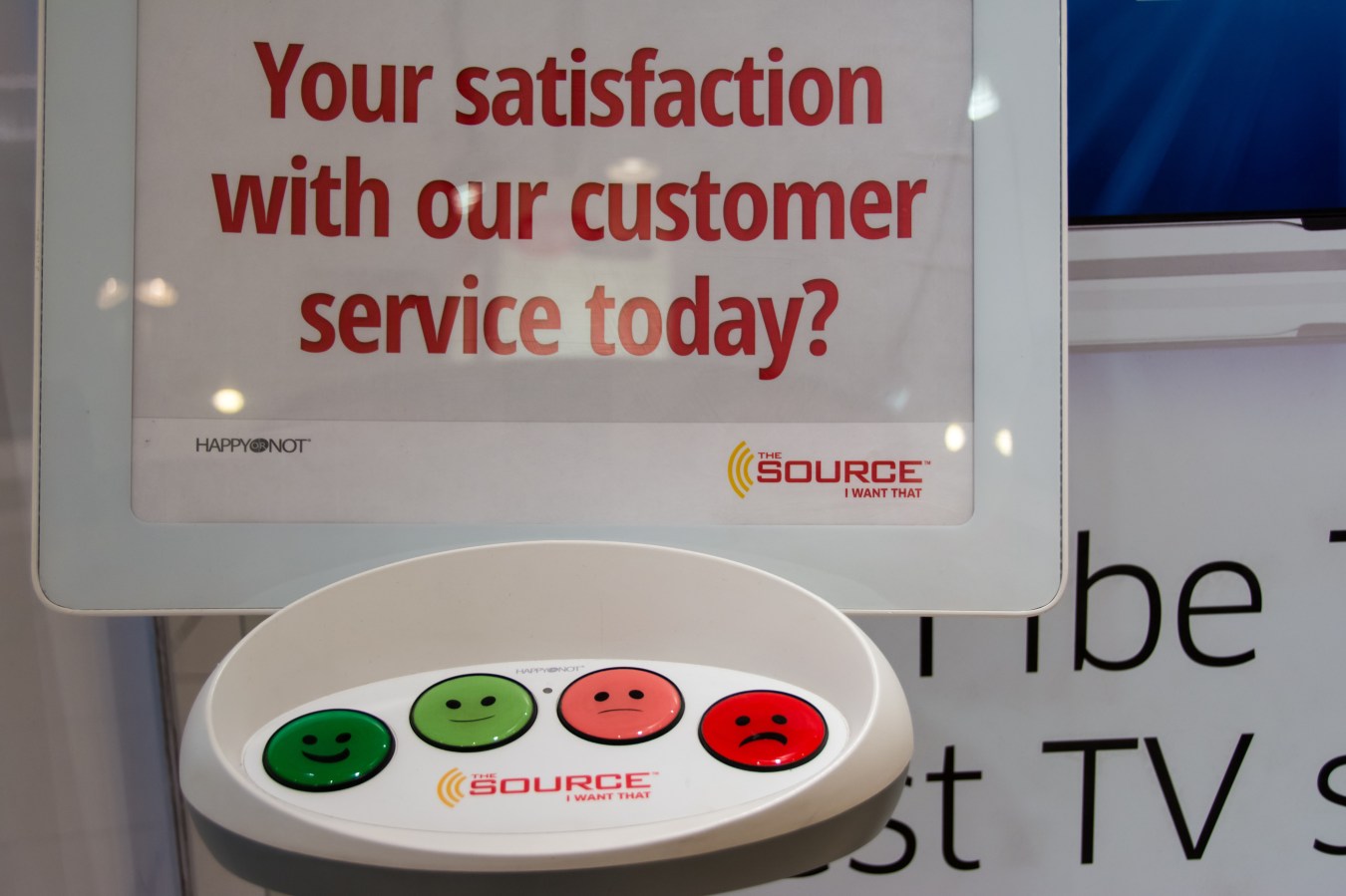
The time for a national gender plan on equality is now
By committing to a National Plan for gender equality, together we can build a stronger and more sustainable future and advance Australia fairly.

By committing to a National Plan for gender equality, together we can build a stronger and more sustainable future and advance Australia fairly.

If software and applications are the currency of the new economy, development teams are the market makers. Developers have gone from being a curiosity when I began my career to becoming a boardroom priority, especially as the pandemic and rapid digitisation that accompanied it has ratcheted up the urgency for business leaders.

Employees think they’re being just as productive as ever. Bosses aren’t buying it.

Your mindset is one of the only things completely in your control as a leader and it is critical for moving forward effectively. As CEO of the Foundation, I’m instilling the unwavering effort and positive attitude that the brain cancer community deserve into my approach and the organisational culture at Cure Brain Cancer Foundation.

A new Forbes survey of the world’s richest people found many still do household chores like taking our the garbage and grocery shopping.

You run the survey and the moment the survey’s closed, the data’s available to you. We do all the same analytics, but we do it in real time.

They wrapped a Sydney tram in a giant Dovetail recruitment ad. They’re now up to 90 staff, with nine of them coming on board in the new San Francisco office. Ayers and Humphrey have retained a third ownership each.

Multi-million-dollar pitch coach Michelle Bowen believes there’s four main approaches to persuading the people around us.

Paytime CEO Steven Furman is providing solutions for a growing movement in Australia that is wanting earned wage access. But don’t confuse it with pay in advance apps.

All the time management strategies in the world won’t help if there is simply too much work to do. Start saying no and taking back your day.